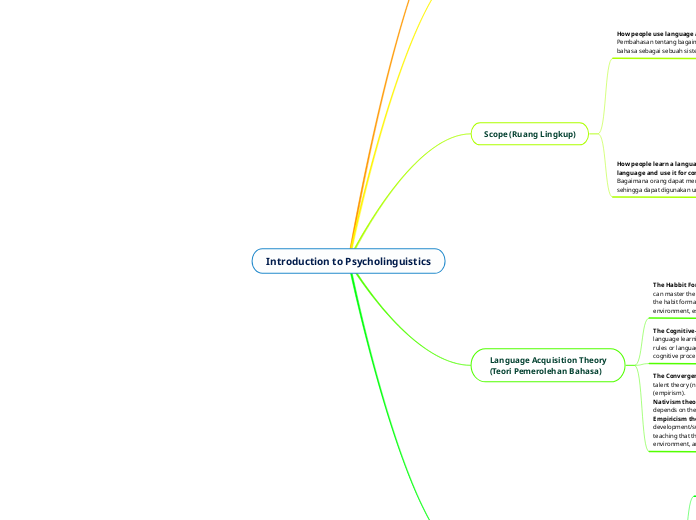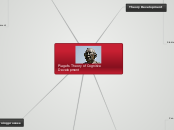von GL 1 Packing Vor 2 Jahren
221
UTS Psycholingu
Psycholinguistics examines the intersection of psychology and linguistics, focusing on the processes involved in language acquisition and use. This field explores various linguistic theories and the cognitive mechanisms that enable individuals, especially children, to learn and use language effectively.









